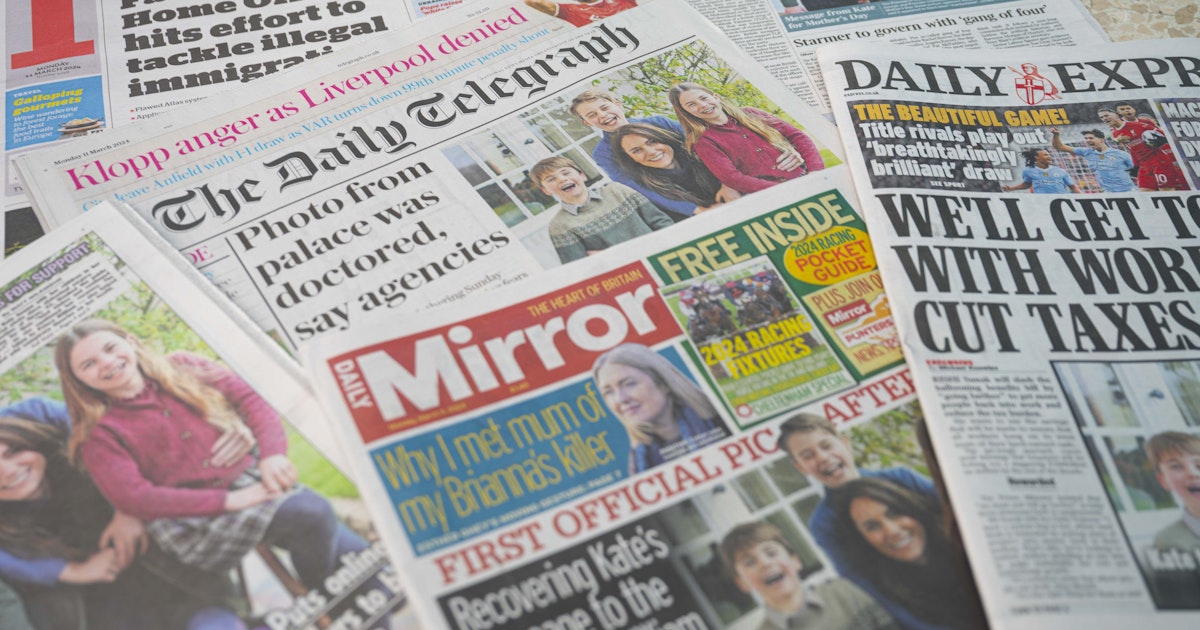
The British press has been largely mum on the whole thing until now, which is unsurprising and traditional. When Charles’s great-uncle Edward VIII dated a divorced American named Wallis Simpson in the 1930s, British newspapers ignored the brewing scandal for as long as they could while their American counterparts, freed from social mores and a culture of deference, extensively covered it. But the British royals’ relationship with their national media is adversarial at other times: Prince Harry in 2022 alleged that his family’s courtiers planted negative stories about his wife, Meghan, to spare other royals from hostile coverage.
While the British royals tend to be covered like celebrities, they are not like their counterparts in Europe. Of the 10 hereditary monarchies still reigning in Europe, most have converted themselves into wholly powerless figureheads. When Carl XVI Gustaf took the Swedish throne in 1974, the Riksdag formally stripped the king of even most of his ceremonial powers. Willem-Alexander, the king of the Netherlands, revealed in 2017 that he has a part-time job as a commercial KLM pilot. The princes of Liechtenstein and Monaco still retain significant day-to-day power, but only over a few tens of thousands of people each.
But the British monarchy stands out for two reasons. First, Charles III is far from a figurehead monarch. For thousands of Britons, his name is on both their passports and their rent checks. The king’s personal fief, the Duchy of Lancaster, brought in $34 million in revenue last year, much of it from rental properties. Charles proved himself to be a skilled landlord during his decades as heir apparent: When his son William took over the Duchy of Cornwall, the heir’s traditional fief, its estimated value of $1.5 billion was much greater than that of the Lancaster duchy.